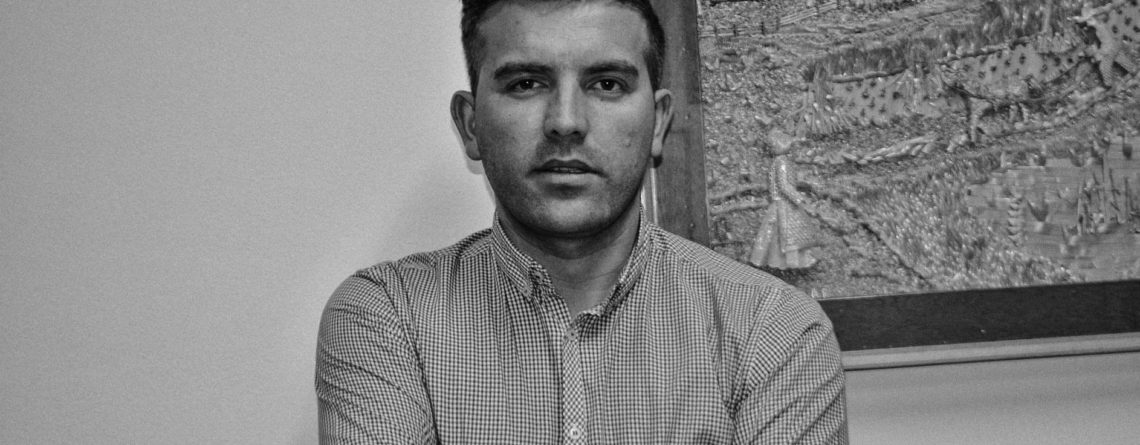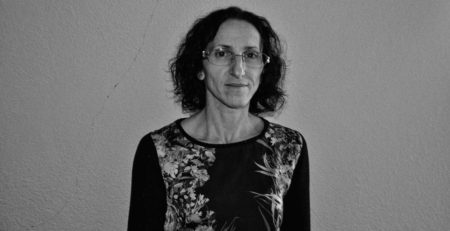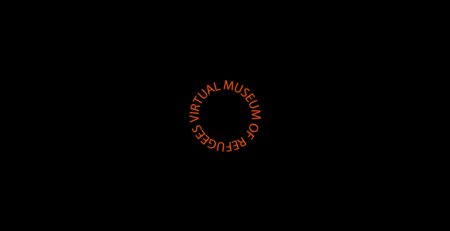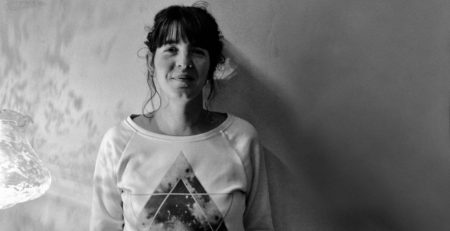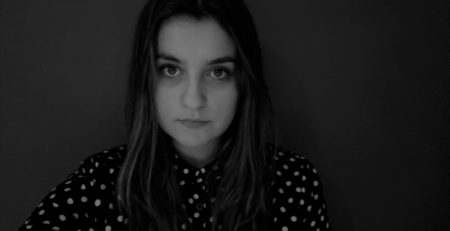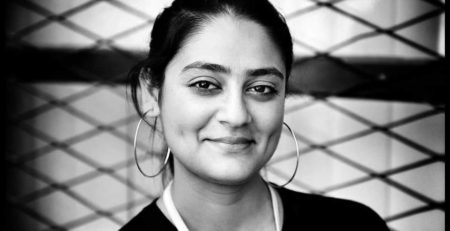Festim Avdyli
Bjeshka Guri (interviewer)
Albert Lekaj (interviewee)
Acronyms: BG=Bjeshka Guri, FA=Festim Avdyli
FA: I am Festim Avdyli. I was born in Prizren. I studied at the Faculty of Law, International Master program. Now I live in Prizren. I work here. I love literature, poetry, despite having graduated in another program.
BG: Could you tell us something about the war please? What do you remember of it?
FA: During the war, when it started in ’99, and when it began…before ending, my family, like one milion Albanians, escaped. We had the luck of escaping to Albania. That is, since Prizren is closer to the border, so we went to Albania. But at the time, in ’99, I was 11 and there are some memories that come very hazy. And every time you think about them you try to remember clearly the events, the actions, the roads, the uniform of Serbian soldiers, the shouts, all those things that happened during the war, although it is very difficult to be vivid memories due to the young age, i.e. 11 or 12.
BG: What was the situation like?
FA: What I remember the most is when until May 22, ’99 my family was sheltering about 77 members of a neighbouring village. The men were staying at my uncle’s house, whereas the women at my dad’s house, in our house. And to that day, all I remember is the men from my family and those sheltered listening to the news on the radio very attentively about what is happening in this region, that they had bombed this region, massacred that region, this region has been displaced. Until May 12, when my family, my neighbours, the entire village were badly, severely, brutally beaten by the Serbian forces. The men were taken…
BG: Do you remember anything?
FA: I remember the early morning of May 12. It was maybe 5 o’clock in the morning, when we heard some noises of the house doors being broken… You know, when you have not either awake or asleep, and when you hear loud voices and noise, you do not know whether you are dreaming, whether what is happening is real and when…when your mum comes and holds you tightly in her arms and in a few seconds everyone is up, there is a mess. And then you see soldiers coming into the room, you see their faces, hear their shouts, and you just freeze from what you see. So, it was May 12 when they came into the rooms, took the men of the family, in this case my dad and my uncle. They took us out in the yard and were just with no address. They took them in their armoured cars and left. To us they shouted in their language: “Albania is your way, your home. This is Serbia”. When we went in the yard we saw our neighbours too who, in groups, were leaving, but we did not know where they were going. You know, a road with no address, no return. Some people in their usual wardrobes. Someone had forgotten their jacket, some with no shoes on, going on the road. The men had been taken with armoured cars. They had taken them and did not know where to or what was happening. We were with the women, with our mothers and sisters. We headed toward the highway Prizren-Gjakovë, which had to be walked on foot. While walking, we shared the bread…how to say…piece by piece. Someone had more bread and would share it with the others. Someone would have more water. They would have a sip and give the rest to the others. Someone who could not walk, old people, were helped by someone else. We headed toward the border, on the way to Kukës, not knowing where we were going or what was happening. During the journey we saw many cars that had stopped, cars with flat tyres. We saw many tractors with flat tyres and broken windows. It was an incredible mess, early morning. We saw many people who, at the time, I thought they were sleeping, had fallen asleep on the road. We continued the road. We could not believe it…people walking and not knowing where they were going. Thus, the entire journey continued on the highway Gjakovë-Prizren, Prizren-Kukës at the border. All this lasted an entire day. That is, we walked all day. We were about 70-80 persons as a group, only children and women walking toward the border. But, obviously, 3-4 km behind us there were small groups walking, displaced, without their men. During this journey from morning to evening, on foot, I remember an absolute silence on the road. People walking and sharing their last piece of bread with their companions and neighbours. I remember old people who could not walk and someone from our mothers would take them on their back, forcefully, until we arrived at the border. So, here I saw people who could not walk, women who were stopped at a narrow street. Police officers would stop them, as if checking them, they would take their money, their gold, they would take them on the side, we would hear screams. We did not know what they would do to you. They would give us the alarm that we have to continue the journey, as if everything is normal, you are going to your home, this is Serbia. One day walking on foot seemed like a lifetime. I don’t know. The things we saw during the road where horrible. People who had died on the road. But they were not natural death. That is, they had been killed, cut, tortured, and as if they had just agreed to remain in a corner of the street. It was the month of massive displacements, and not too long until NATO liberated Prizren, and Kosovo. But this was the tragic day when everything was misty. And as much as I try to crystalize my memories, it is very difficult because of the age. But these are the things I saw while leaving my village and on the surrounding villages. I don’t know. That image of your mum taking your hand and confronting the soldier when he comes into your house, when he comes into your yard…that view, that feeling has no price. And all the other mothers did this…and your dad being forcefully taken out of the house and into the Serbian armoured car, his brutal beating and the beating of many other neighbours. That journey without food, without water. At the same time, whoever had some bread and would share it with the others…that solidarity with the others is all I can remember…and, of course, the arrival at the border, when you step on the land of Albania, as if you say “God is here”, you know, “we found it, we touched it, here is the salvation”. Then, in the evening, I remember all this group of the village’s men and others who had been taken, beaten until they had no white spot in their bodies, and I remember the solidarity of the soldiers that admitted us…the Albanian soldiers who were waiting for us at the border, and their taking care of curing our parents, with the other men who were not… [unclear]
BG: So the men joined you?
FA: In the evening we saw them at the border. That is, my dad, my uncle, and many other men of the family, of the neighbour families. We did all that journey as children and women and mothers with the rest. Whereas the men they took them, we did not know anything about them. But in the evening we suddenly saw them…i.e. they had brought them near the border. Whether to shoot them or anything similar, I do not know. But they had beaten them until they had no spot of their body colour on their bodies, everything was black. So they had beaten them extremely badly. This is a journey where you remember the women that were tortured by the Serbs, the mothers who shared their last piece of bread with the rest of the companions who did not have any because they had escaped quickly, the children who could not walk but had to be taken on the arms by someone else. This is mine and my family’s experience of the war.

